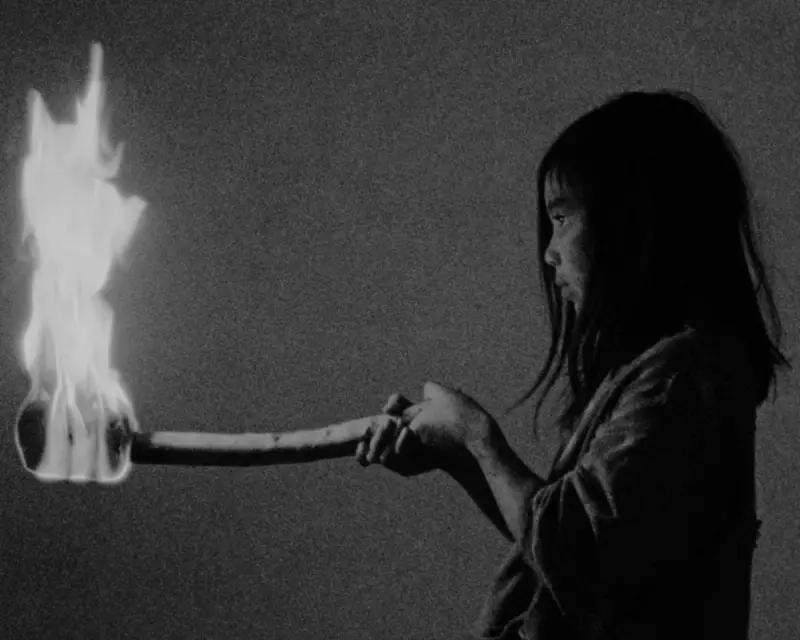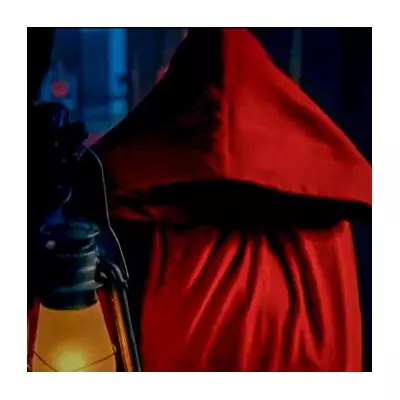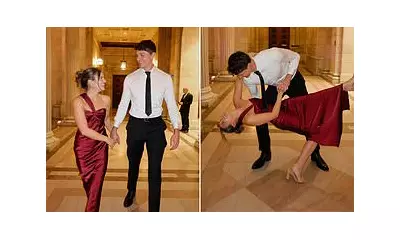
Ben Rivers and Don DeLillo’s enigmatic collaboration, Mare’s Nest, has left audiences at the Locarno Film Festival both spellbound and unsettled. Blurring the lines between psychological thriller and existential meditation, the film plunges viewers into a world of paranoia and fragmented reality.
A Surreal Descent into Conspiracy
Shot in stark monochrome, Mare’s Nest follows an unnamed protagonist (played with haunting restraint by a yet-to-be-revealed lead) as they navigate a labyrinth of cryptic messages, unseen threats, and shifting identities. Rivers’ signature atmospheric direction pairs unnervingly well with DeLillo’s razor-sharp dialogue, adapted from his unpublished novella.
Visual Poetry Meets Narrative Unease
The film’s grainy, high-contrast cinematography evokes classic noir while its disjointed structure—jumping between surveillance footage, distorted memories, and eerie re-enactments—creates a pervasive sense of dislocation. Standout sequences include a whispered conversation in a derelict shopping centre and a chillingly mundane breakfast scene where every clink of cutlery feels loaded with menace.
Locarno’s Most Talked-About Entry
Early festival reactions highlight the film’s ability to unsettle: viewers report leaving screenings obsessively checking their own shadows. While its deliberately opaque storytelling may frustrate some, those willing to embrace the ambiguity will find Mare’s Nest lingering in their minds long after the credits roll—a testament to Rivers and DeLillo’s mastery of unease.





